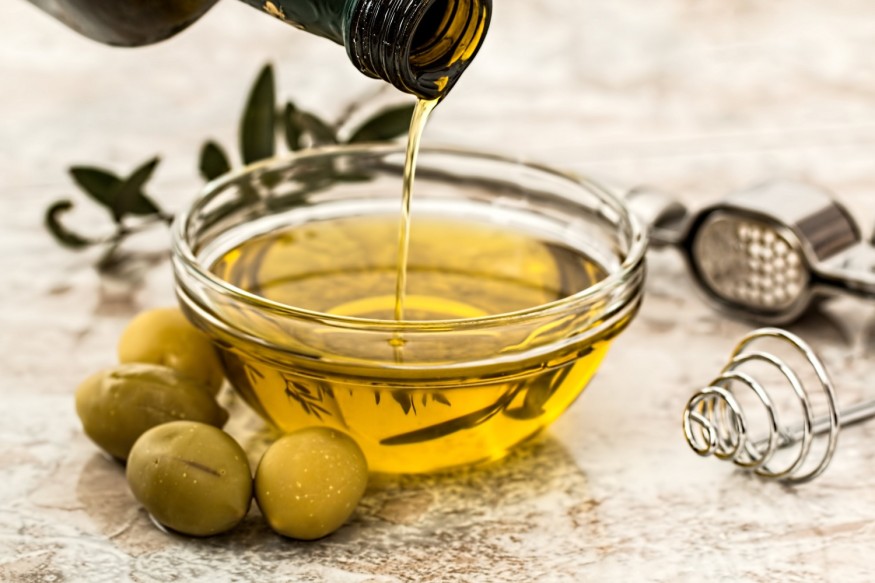Palm oil has been widely recognized as one of the most efficient and commonly used vegetable oils in cooking. However, because this type of oil produces a significant amount of waste, researchers have created an alternative to palm oil that is safer for the environment. Is lab-grown oil the new groundbreaking trend next to lab-grown meat?
Lab-Gown Oil: The Future of Sustainable Culinary and Industrial Practices

Over the past three years, lab-grown meat has made headlines. Still, one University of Colombia, Irvine professor feels that food scientists need to include the point in monocropping soy, corn, and palm for cooking oils, which has the greatest climatic impact.
Through the synthesis of cooking fats, an industrial process already underway on a global scale in the production of soap, humanity has the potential to rehabilitate millions of acres of farmland, conserve billions of gallons of water, prevent widespread pollution of the environment with pesticides and nitrogen runoff that suffocates marine life, and reallocate the remaining acreage to cultivate more nourishing crops.
Thus, the UCI-led research examined the possibility of chemical and biological means of mass-producing dietary lipids in Nature Sustainability. Hydrogen in water and carbon dioxide in the atmosphere are the two primary components of this method's raw materials, which are also the identical components utilized by plants.
Moreover, lead author Steven Davis, UCI Earth system science professor, said massive operations of chemical and biological synthesis of food compounds without agricultural raw materials is possible. The study also discusses farm-free food's environmental and social benefits, including reduced water use and watershed pollution, local food production control, a decreased likelihood of weather-related food shortages, and a reduced demand for poorly compensated and physically demanding labor in agriculture.
Problems Associated With Palm Oil
The United States consumed over 1.7 million tons of palm oil in 2022, making it the world's most widely used vegetable oil. Nevertheless, in addition to its adaptability, it also possesses destructive potential. According to the World Wildlife Foundation, collecting palm oil on a big scale leads to the destruction of rainforests and the pollution of local people. The conservation organization claims it is present in over 50% of packaged products accessible in supermarkets.
But even though numerous innovative alternatives to palm oil production are being developed, reducing the immediate impacts of palm oil production will need scalable solutions, an industry trade group named Roundtable on Sustainable Palm Oil stated.
The fruit of the oil palm tree, also known as Elaeis guineensis, is where palm oil is derived from. The palm fruit goes through a series of steps to produce the oil from it. These operations include harvesting, sterilizing, pressing, and extracting the oil. This simple yet labor-intensive technique results in palm oil having a lower cost than other oils, and it has contributed to the production of palm oil becoming an essential component of the supply chains for both the global food industry and the industrial sector. However, this large-scale oil extraction is associated with difficulties, including deforestation, habitat devastation, and labor disputes.
Research has shown that a typical palm oil mill generates between 0.637 and 1.131 metric tons or 637 and 1,131 kg of carbon dioxide (CO2) equivalent for every ton of crude oil processed. As a result, there has been an increased focus on discovering alternatives to palm oil that are more environmentally friendly, such as oils that are created in a laboratory.
Related Article: New Texas Olive Oil and Balsamic Vinegars from The Texas Hill Country
To keep up with the latest news on trending recipes, food safety, and more, follow Food World News!



